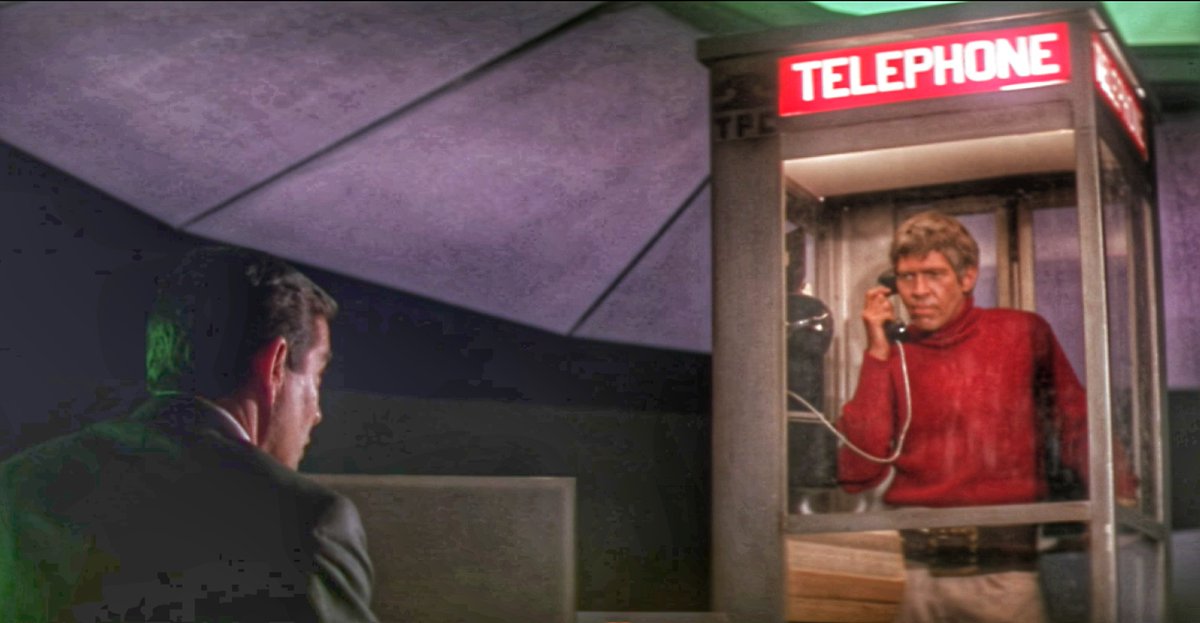I have written more than once (here and here, for example) about my belief that technological progression cannot always be considered a good thing. We are surrounded in the media by a form of technological optimism which I find disconcerting. “Tech” will solve everything from world hunger to cancer, and the Peter Thiels of the […]
